Export Market Guide - Switzerland

This content is restricted to wine exporters and levy-payers. Some reports are available for purchase to non-levy payers/exporters.
All regulatory information for exporting wine goods to Switzerland including the regulatory environment, duties and taxes, and permitted additives.
Unless an exemption has been granted by Wine Australia, grape products exported from Australia must comply with the Food Standards Code. Accordingly, the labelling and wine standards information in Wine Australia’s Export Market Guides should be read in conjunction with Wine Australia’s Licensing and Compliance Guide which contains the requirements of the Food Standards Code and applicable exemptions.
Switzerland is a relatively small land-locked European country with a total land area of 41,284 sq. km. It is surrounded by European Union (EU) States including Austria, France, Germany, Italy and Liechtenstein. The total population of Switzerland is approximately 8.7 million. Switzerland’s population has been growing since free movement in and out of EU countries came into force. Switzerland’s high quality of life and strong economy have made it highly attractive to migrants. The country has four official regional languages: German, French, Italian and Romansh. There are differences in consumption patterns and unemployment rates between the language regions. A rise in immigration has contributed to the linguistic diversity of the country and variations in consumption.
Switzerland is an exceptionally independent country with an ideology of neutrality. Although moves are slowly being made towards accession to the EU through gradual changes of Swiss legislation, this is unlikely to occur for many years to come due to continual rejection of the idea at federal referendum. The Swiss legislation relating to wine production and labelling have been amended to conform to EU regulations in recent years. Due to the strengthening relationship between Switzerland and the EU, as well as its increasing activity within the UN and WTO, the customs duties and non-tariff trade barriers to imported wine have been reduced significantly.
Switzerland has a significant domestic wine market with several wine producing regions and a large array of grape varieties planted. The Swiss produce enough white wine to match the demand in the domestic market. Nevertheless, there is still more imported wine consumed in Switzerland than domestically produced wine. In 2023, all categories of wine saw a volume decline. The main reasons were a strong sell-in during 2022 to restock cellars that were empty from the pandemic years, consumers withholding spending, inflation, geopolitical fears, the return of cross-border shopping in Germany, France and Austria, and an increase in parallel imports. Premiumisation is a long-term trend in still wine because consumers are tending to “drink less but better” in pursuit of healthier lifestyles. Although premium-and-above segments have gained volume, the category has been in slight decline for some years.
Switzerland has a strong economy, with the lowest inflation rate in Europe. Its per capita GDP is one of the highest in the world. The EU is Switzerland’s main trading partner. Around 78% of Swiss imports are from the EU and almost 50% of its exports are destined for EU countries, led by Germany. As inflation in major advanced economies has not fallen by as much as expected, there is the growing possibility of further international fiscal tightening and a slowdown in global demand.
Companies exporting to the Swiss market may deal with a wholesaler, engage the services of a representative, or sell directly to buying offices of large retail chains, but those new to the market are well advised to engage the services of a specialist agent with good market knowledge. Many Swiss wholesalers are also importers and they generally expect exclusive national or regional distribution rights for products they import. Wholesalers maintain stocks of a range of products and provide quality control, transport, warehousing and financing.
Regulatory environment
The information in this guide has mostly been obtained from secondary sources and basic translations of Swiss legislation. Caution should be taken when using this guide and it is advisable to seek further information.
The Swiss Federal Customs Administration controls the importation of wine and collects import duties. The Federal Office for Agriculture (FOAG) controls much of the food safety laws. The principal laws include the Federal Act on Foodstuffs and Utility Articles 2014, Federal Act on Agriculture 1998 and 817.022.12 DFI Ordinance on Beverages.
The Federal Act on Alcohol 1932 (Alcohol Act) is one of the oldest laws of the Confederation. Alcohol in Switzerland is managed by the Federal Office for Customs and Border Security (FOCBS) in the Finance Department.
“PROSECCO” has legal protection as a geographical indication in this market. Wine Australia understands there is a risk that infringement proceedings are alleged/commenced/enforced or other rights (e.g. seizure of goods) are sought to be enforced in accordance with the laws of this market. Wine Australia recommends exporters obtain independent legal advice from this market concerning their intended export of wine described and presented as “Prosecco”.